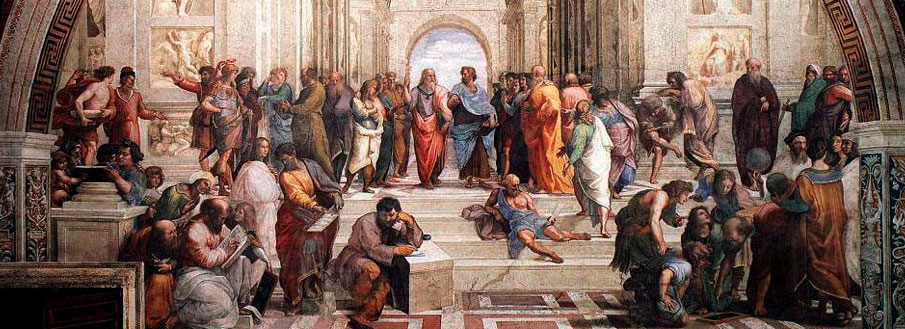

Mathematics was the crowning and lasting achievement of the ancient Greek culture. To more or less extent, arithmetical and geometrical problems had been explored already before, in several previous civilisations at various parts of the world, within a kind of practical mathematical scientific context. The knowledge which, in particular, as such first had been acquired in Mesopotamia and later on in Egypt, and, the philosophical reflections on its meaning and its nature by “the Old Greeks”, resulted in the sublime creation of mathematics as a characteristically abstract and deductive science. The name for this science, “mathematics”, stems from the Greek language, and basically means “knowledge and understanding”, and became of use in most other languages as well; realising however that, as a matter of fact, it is really an art to reach new knowledge and better understanding, the Dutch term for mathematics, “wiskunde”, in translation: “the art to achieve wisdom”, might be even more appropriate.
For specimens of the humankind, “nature” essentially stands for their organised thoughts about sensations and perceptions of “their worlds outside and inside” and “doing mathematics” basically stands for their thoughtful living in “the universe” of their idealisations and abstracting of these sensations and perceptions. Or, as Stewart stated in the revised book “What is Mathematics?” of Courant and Robbins: “Mathematics links the abstract world of mental concepts to the real world of physical things without being located completely in either”.Among the main Greek schools and their mathematical hero’s, one has: Milete (now Turkey) with Thales (-624/-548), Croton (now Italy) with Pythagoras (-566/-497), Athens with Eudoxos (-408/-355), Alexandria (now Egypt) with Euclides (-365/-285) and Apollonius (-260/-170), and Syracuse (now Sicilia) with Archimedes (-287/-212).